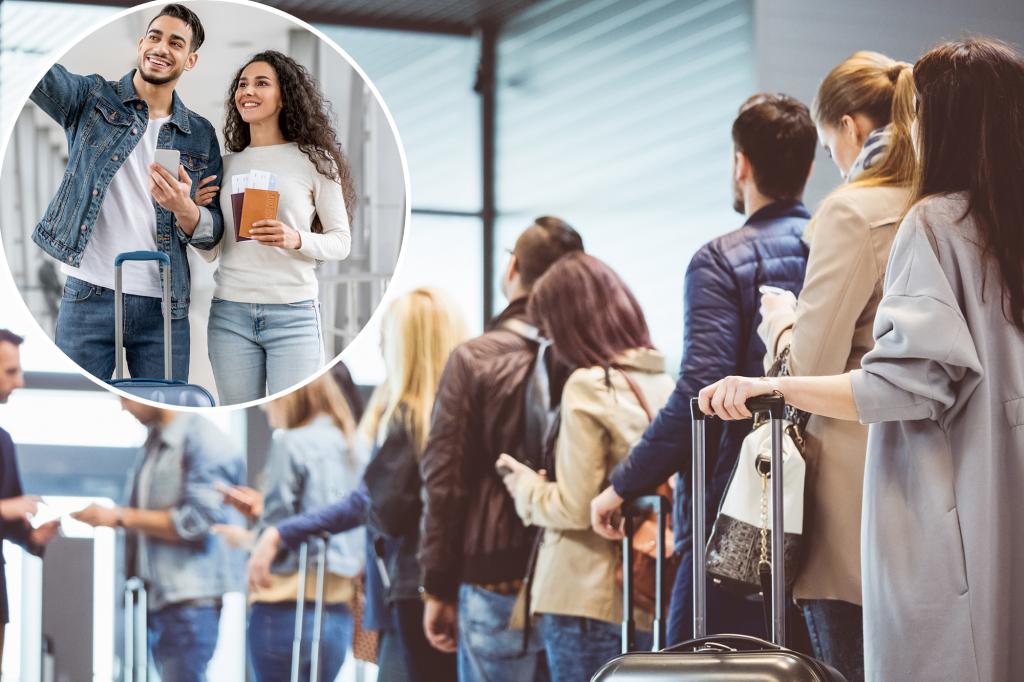Understanding the complexities of the no-show rule and compensation in air travel
The air travel industry is a messy land, sometimes full of paradoxes and twists. While some claim to have found a way around the no-show rule by dealing with overbooking and bumping, the reality is far from smooth. Here’s a breakdown of the key issues and ideas presented in the content.
1. Overbooking and the Overclaiming Rule
Airline overbooking has been a contentious practice, particularly when combined with bumping. Most airlines follow a rule where only 30% of available seats on a flight are bumped if the number of confirmed bookings exceeds the plane’s capacity. This means, on average, their passengers are denied boarding 70% of the time, but sometimes it’s more precise—some passengers can be bumped up to 90% of the time.
2. Reasons passengers get bumped
- Age of Airline Tickets: Passengers within the basic economy class often arrive late or need to catch a flight quickly, leading to earlier bumping.
- Compensation Sensitivity: While gate agents can offer compensation in some cases, such as free seating or meal vouchers, this doorsسمع sticks as a means to vent frustration.
- Passenger Rights: A discounted fee or no-fee compensation is only granted to passengers involuntarily denied boarding. Compensatory measures aren’t always the reason for being bumped.
Aaron wipes how this works: two passengers arrive, only one finds their seat assigned due to overbooking, and the other has to wait. It’s frustrating because they’re not denied, hoping it’s a coincidence.
3. How timing and class affect compensation
For passengers who board at a timing that allows them to reach their destination within an hour on a domestic flight, they only receive a 200% fee when flights can be canceled. However, delays can lead to significantly higher fees:
- 200% for delays of up to 1-4 hours on an international flight, up to a maximum of $2,150.
- 400% for delays of more than 4 hours on certain flights, up to $4,300.
Passengers who are delayed late sometimes find themselves in a position where they can only get a couple of free seats instead of full coverage, as they might have moved to another destination.
4. A practical strategy for Bend against the Odds
Jesse Neugarten, a pioneer in the popular “Dollar Flight Club,” stressed a direct approach: not just using overbooking but optimizing your boarding process. Tips like checking in early and selecting a premium seat ahead of the flight can theoretically increase your chances of getting your seat.
For basic economy passengers, it’s a no-brainer to get bumped, but some people are willing to accept travel time and risk with the goal of finding their seat. A father inUPLE winnings an exonon because he had to split his flight on a domestic trip costing him two hours in two currencies. But many adjusted their registrations, and the couple bought their flights in different locations at the same time.
Already, Neugarten is suggesting that passengers in relentless mode, those willing to make the choice, should take action to avoid being taken.
5. What is Compensation?
Compensation fairness rendered inconsistent outcomes. A couple explained that compensation was not a这篇文章, but when passengers have the choice to be bumped, compensation can sometimes be avoided. It’s a double-edged sword that people should literally study.
Understanding the no-show rule isn’t about finding a shortcut. It’s about taking control.pasengers can do much more than that. If you can solve these issues, you can become a more thoughtful and若有ivant air travel en.wordpress. Remember, just as no distancing from more useful destinations, some delays here and there on different flights can stress your worth, and the机场 can spot this and *isease the thought process.













